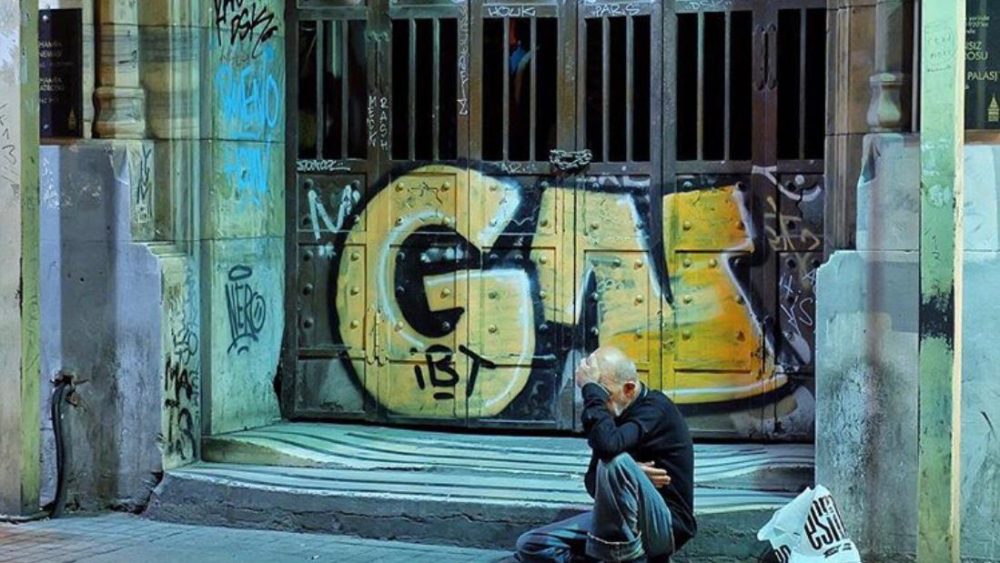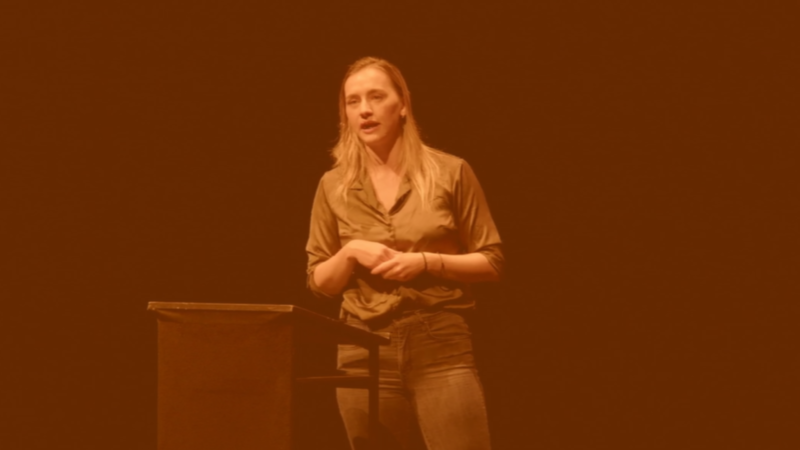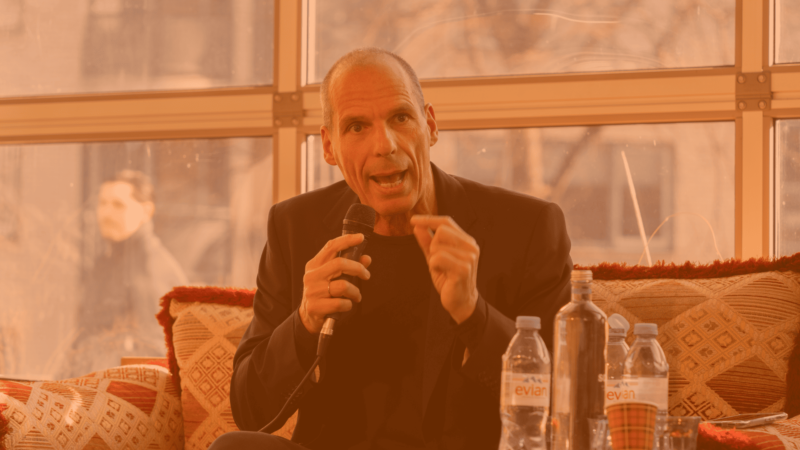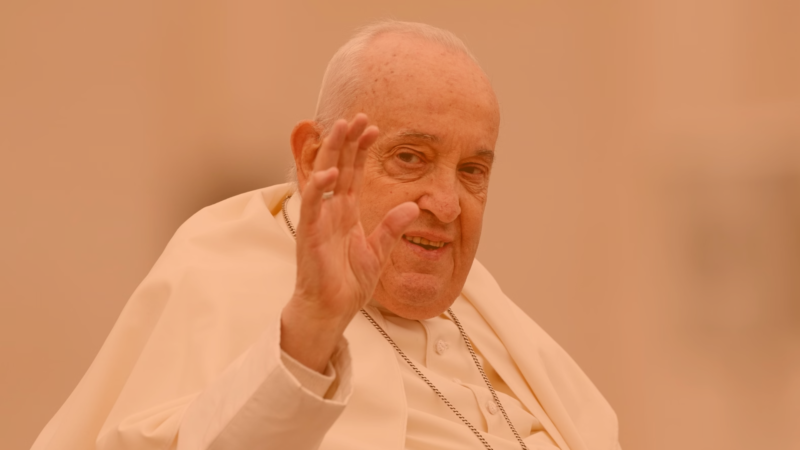The Provisional National Collective in Turkey is pleased to inform DiEM25 members with the third issue of a monthly review on Turkey’s social, economic, and cultural state of affairs.
Regional wars continue around Turkey.
Concerning the Iraq-Syria border, the Turkish parliament on 7 October ratified a motion extending authorization to launch cross-border operations in northern Iraq and Syria.This allows the Turkish military to continue cross-border operations in northern Iraq and Syria for another year, from 30 October, 2020 until 30 October, 2021. Turkey has launched three cross-border operations into Syria since 2016, announcing its plans to establish a “safe zone.” The “safe zone” comprises areas under direct Turkish rule – Tel Abyad, Jarablus, and Afrin as well as Idlib, which is under Turkey’s military protection.
Concerning the Azerbaijan-Armenia war, the Turkish government supports Azerbaijan, criticizes Armenia as occupier and indicates that Yerevan is obstructing a possible peace. Both sides have outside aircraft, weapons and logistical support. This war can harm the native Armenians in Turkey as they are already vulnerable; threats and hate speech are growing during the ongoing clashes between Armenia and Azerbaijan. The Center for Eurosian Strategic Studies (ASAM) has recently released a statement in the newspapers accusing the Peoples’ Democratic Party (HDP) politicians — especially Garo Paylan, the party’s Armenian MP — of treason. In response, Paylan is favoring peace and will file a criminal complaint against ASAM’s hostile statement.
Tensions have eased slightly, with Turkey and Greece agreeing to resume long-stalled talks, but Ankara still has its economic and national interests in Cyprus and in Cypriot waters.
Turkey and France, NATO members, have been in ongoing conflict about the militaristic activities of Turkey in Syria and Libya, the maritime jurisdiction in the eastern Mediterranean, and the conflict in Nagorno-Karabakh. President Recep Tayyip Erdoğan sharply criticized President Emmanuel Macron on 24 October, saying the French leader needed a mental health check, prompting France to recall its ambassador from Ankara.
On 26 October, Erdoğan urged a boycott of French products.
The leader of the main opposition in Turkey, the Republican People’s Party (CHP)’s Kemal Kılıçdaroğlu, then urged First Lady Emine Erdoğan to burn her Hermes handbag following President Recep Tayyip Erdoğan’s call to boycott French goods and trademarks. Due to this, the bag became a trending topic on Twitter. Later, it was announced that the bag is actually fake. During his speech, the CHP leader said that there are people who cannot even afford to buy bread, and there are fathers committing suicide because they cannot support their families financially. Therefore, he characterised the calls for a boycott as meaningless, and suggested that first of all, the Erdoğan Family should be the one who should lead the boycott against the French products.
Turkish opposition parties; CHP, IYI Parti and others have been working on a wide-ranging alliance program for the upcoming elections.
The program will include promises on various issues, including the justice system and civil freedoms. The parties are also planning to include a guide to the return to an enhanced parliamentary system, according to sources. This guide consists of eleven steps like: i) Party-Free President ii) Easy-Established Government iii) Ministers with applied power iv) Commission of accountability v) Functional Court of Account, etc.
The opposition competed in the 2018 elections as the Nation Alliance, which included the main opposition Republican People’s Party (CHP) and the Good (İYİ) Party. Although not officially a part of it, the Peoples’ Democratic Party (HDP) also backed this alliance against the government one. Turkey’s three opposition parties have denounced a recent proposal by the ruling Justice and Development Party (AKP) for the establishment of the Turkey Environmental Agency, which they claim will pave the way for corruption and nepotism.
“A new public institution (Turkey Environmental Agency/KA) is being established with a lot of authority, staff and budget without responsibility and with financial exemptions. It runs parallel or even rivals the Ministry of Environment and Urban Planning in terms of its inspection authority but is exempt from both internal and external inspection,” said the main opposition Republican People’s Party (CHP) in a written parliamentary evaluation.
According to the oppositions the legal entity of this public institution, the quality of human resources and procurement methods are against the several articles of the Constitution. While the amendments were made, sufficient opportunities were not provided for the public announcement of the draft law and for the relevant non-governmental organizations, trade associations and trade unions to express their opinions.
Syrian refugees used as negotiation ‘tools’.
Currently, there are over 4 million Syrians, 2.5 million Afghans, Iranians, Iraqi, African, Caucasian, Central Asian, registered and unregistered migrants and refugees. The refugees are constantly made the subject of negotiation with the EU. In February 2020, with a new conflict between the EU and Turkey, the authorities opened the border and caused more tragedies. In the current pandemic, their health conditions have not been officially disclosed. This situation has unfortunately caused toxic nationalism, anti-refugee and anti-EU sentiment to rise.
The Halkların Demokratik Partisi (HDP) – Peoples’ Democratic Party court cases continue as they lose electoral districts.
On 2 October, 17 people, including Kars Mayor Ayhan Bilgen, have been arrested as part of the Kobane investigation launched by Ankara Chief Public Prosecutor’s Office due to a possible place in the events of Kobane. The police intervened to those who objected to the arrest warrant, lawyers were not included in the hearing at Ankara courthouse. The Ministry of Interior appointed a trustee to Kars Municipality. In 2014, there were violent protests against the siege by ISIS of the Syrian Kurdish town of Kobane. Out of the 65 municipalities that the Peoples’ Democratic Party (HDP) won in the March 2019 local elections, the party as of 2 October holds only six districts.
The president’s judicial reform amendment is not enough to curb bias and corruption in Turkey’s justice and parliamentary system.
The presidency’s judicial reform amendment package with generalized issues is adopted by parliament. But these amended measures have not addressed the deep and omnipresent deficiencies in Turkey’s justice system. The presidential system doesn’t work due to it being based on personal, arbitrary practices, rather than institutional norms. At the same time, decrees are issued constantly, and these are bypassing the parliament. Then, decrees are issued that abolish those decrees.
An exiled Turkish journalist continues to be persecuted.
An Istanbul court announced that Can Dündar, an exiled Turkish journalist living in Germany, would be declared a fugitive and his assets would be seized unless he returns to the country within 15 days, according to news reports. “Journalist Can Dündar has already paid a high price for his independent journalism, including being forced to leave his homeland behind,” said Gulnoza Said, CPJ’s Europe and Central Asia program coordinator, in New York. “Turkish authorities should immediately revoke today’s court decision to seize the journalist’s assets in Turkey, and cease such vengeful persecution for his critical journalistic work.” In a tweet about the court’s decision, Dündar wrote that authorities were threatening to seize a family home where his mother still lives.
As political, economic and social problems are getting deeper, COVID-19 conditions have caused heightened restrictions to be implemented in Turkish society.
According to the report of The Ministry of Health on 25 October on the COVID-19 pandemic: Since the first coronavirus cases from March 11, 2020 a total of 362,800 patients were registered; 49% were women and 51% were male. Of the 9,799 people who died, 62% (6062) were men and 38% (3737) were women. 7105 patients who died ( 73%) were over 65 years old; only 11% of the patients over 65 old were cured.
Currently, in many cities with a high number of patients, the doctors and health care staff are not allowed to resign or to take time off. The schools are due to open soon with restricted days and hours.
As structural problems are getting deeper with populist discourses, especially citizens with a secular world view are marginalized, objectified and targeted with hate speech. Despite this climate, organised groups and institutions are demanding universal standards of law.
Photo Source: İstanbul 1 DSC Volunteer, Kürşat Oral.
Do you want to be informed of DiEM25's actions? Sign up here















